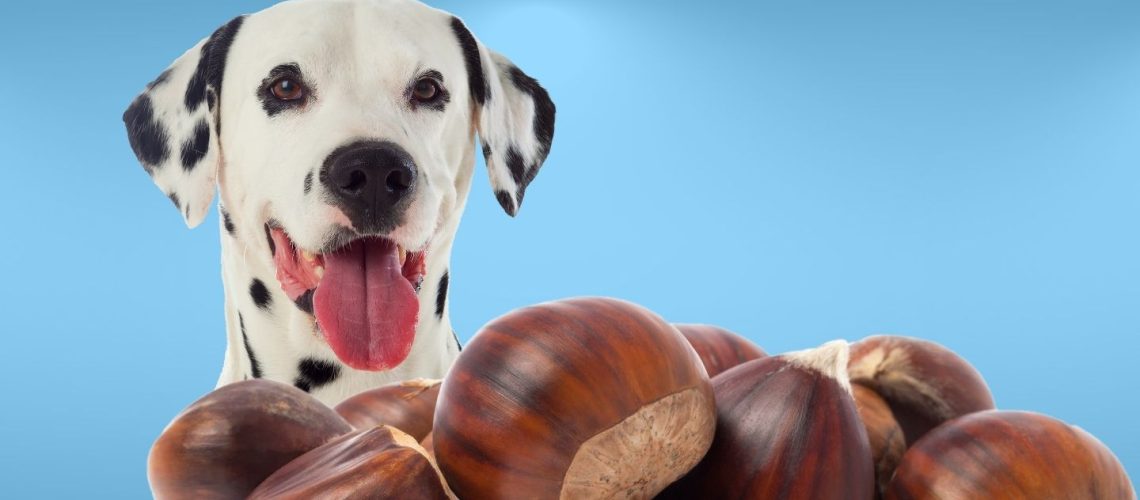Yes, dogs can eat chestnuts in moderation. However, it is important to feed them to your dog in the right way and in appropriate portion sizes.
Nutritional Value of Chestnuts for Dogs
Chestnuts are a good source of vitamins and minerals, including vitamin C, vitamin B6, manganese, copper, and thiamine. They also contain a moderate amount of protein and fiber. However, they are also high in carbohydrates and calories, so they should be fed to your dog in moderation. Moreover, chestnuts are rich in antioxidants and omega 3 and omega 6 fatty acids, which can help dogs fight against cell damage and maintain a healthy hair coat.
How to Feed Chestnuts to Your Dog
Before feeding chestnuts to your dog, you should remove the outer shells and inner skins, as these can be difficult for your dog to digest. You can then cut the chestnuts into small pieces and mix them with your dog's regular food. It is important to monitor your dog's reaction to chestnuts, as some dogs may be allergic to them or have digestive issues after eating them.
Portion Size for Dogs
When it comes to feeding chestnuts to your dog, it is important to be mindful of portion size. As a general rule, chestnuts should make up no more than 10% of your dog's daily food intake. For a small dog, this would be about half a chestnut, while for a larger dog, it could be one or two chestnuts. It is always best to consult with your veterinarian before introducing any new foods to your dog's diet.
Potential Risks and Side Effects
Feeding chestnuts to your dog also comes with a few potential risks and side effects, such as:
- Allergic reactions
- Digestive problems
- Obesity and weight gain, due to high carbohydrates and calories
- Choking hazard, particularly if chestnuts are not prepared properly
- Toxicity from moldy chestnuts
Alternatives to Chestnuts
If you're looking for other healthy treats for your dog, consider fruits, vegetables, and lean meats as alternatives. Some options may include:
- Apples (without seeds)
- Carrots
- Blueberries
- Cooked chicken or turkey (without bones or skin)
Conclusion
In conclusion, dogs can eat chestnuts in moderation. They are a good source of vitamins and minerals, but they are also high in carbohydrates and calories. It is important to remove the outer shells and inner skins before feeding them to your dog and to monitor your dog's reaction to ensure they do not have any allergies or digestive issues. Always be mindful of portion size and consult with your veterinarian before introducing any new foods to your dog's diet.











